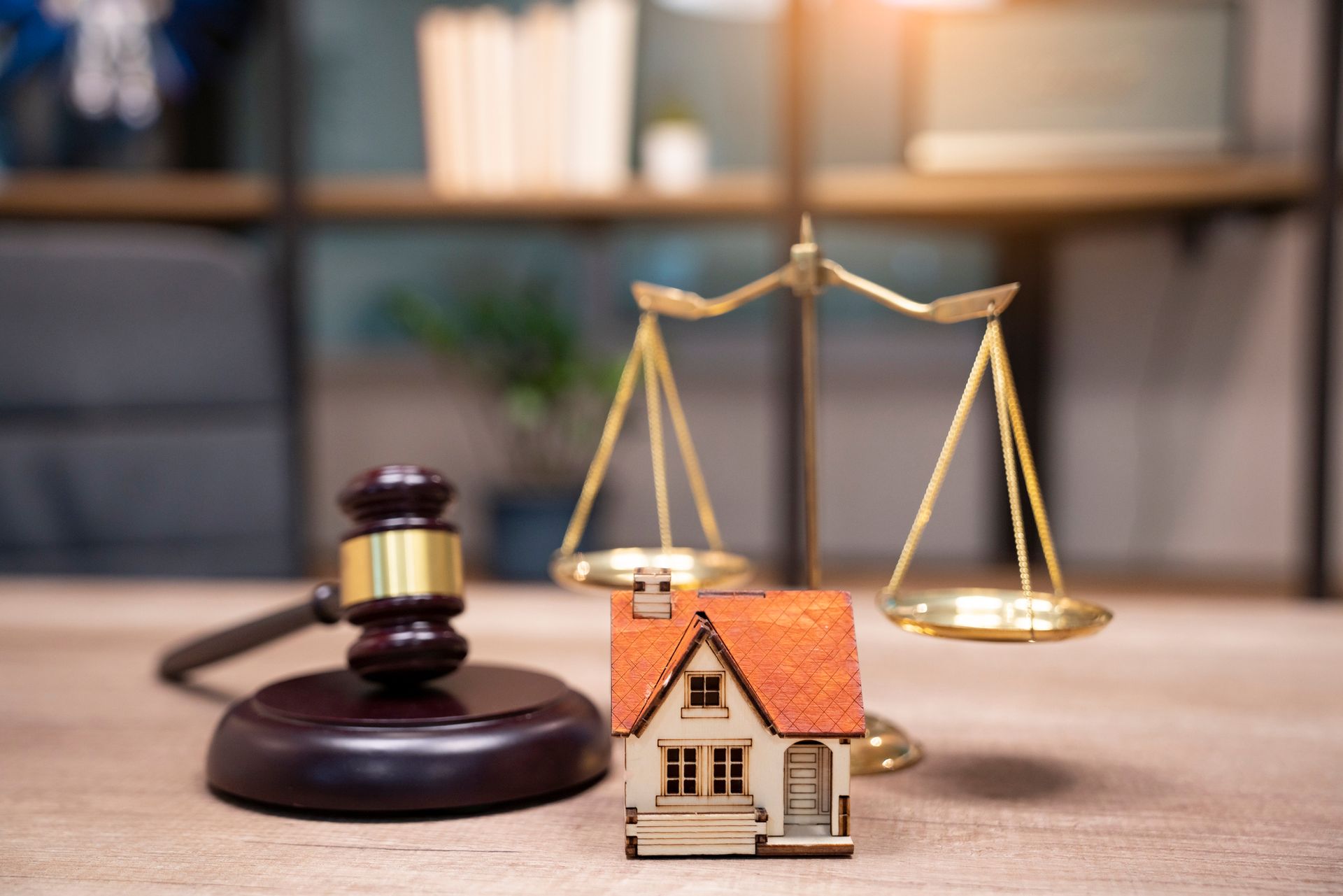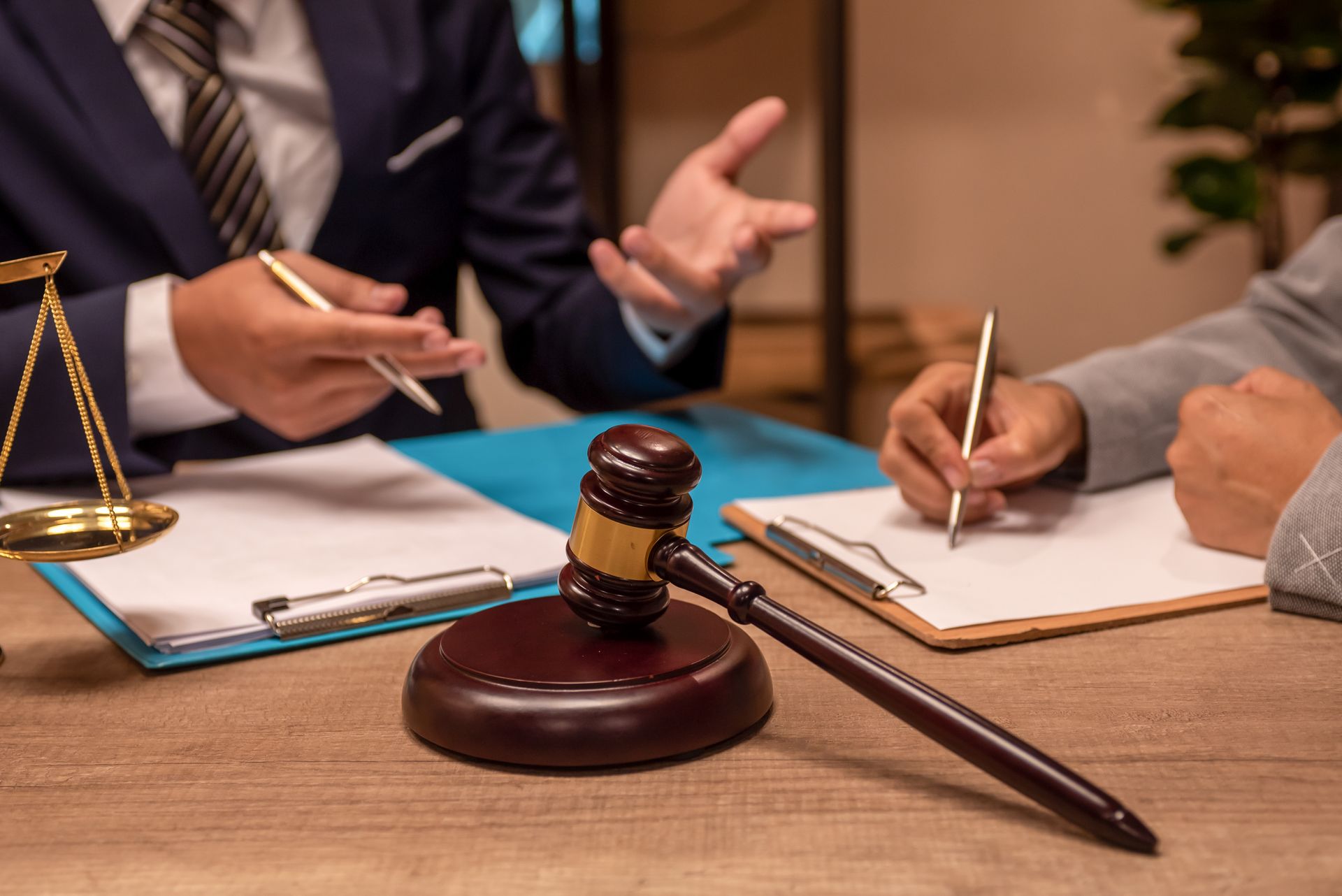10 Things You Didn't Know About NJ Foreclosure

While working with NJ homeowners, we have come to understand some of the biggest misconceptions people have about the foreclosure process. Here we answer some of our client's most frequently asked questions.
Facing foreclosure can be a stressful and confusing time. New Jersey homeowners face one of the country's highest foreclosure rates. As a New Jersey foreclosure defense law firm, Veitengruber Law has helped hundreds of NJ homeowners keep their homes. While working with NJ homeowners, we have come to understand some of the biggest questions and misconceptions people have about the foreclosure process. Here we answer some of our client's most frequent questions.
1. Do I need to leave when I get the foreclosure notice?
No. A notice that your lender has filed a foreclosure lawsuit against you differs from a notice that you are being evicted. The foreclosure process can take 3-4 months or longer, from the initial filing of the lawsuit to when you must leave your home. Just because you are served with a notice of foreclosure does not mean you have to leave your home or even that you will ultimately lose your home.
If your home is foreclosed on and your lender wins the right to take the property back, you will receive a notice from the Court or the Sheriff's office that you are being evicted with a date you must leave by. Once the Sheriff's sale goes through, the new owner will acquire a Writ of Possession. This will allow them to begin the eviction process. The new homeowner will be required to give you some time to get your things from the property and leave.
2. Can bankruptcy save my home?
Yes! As a bankruptcy and foreclosure attorney, we have often worked with clients to use bankruptcy as a tool to stall foreclosure and even save our client's homes. Until the home is sold at a Sheriff's sale, you can file for bankruptcy to enter the automatic stay. During the automatic stay period, any court proceedings will automatically stop. Lawsuits filed by your lenders will go on hold until the bankruptcy has been settled. Chapter 7 bankruptcy will eliminate many of your debts, while Chapter 13 bankruptcy will set you up with a payment plan to cure outstanding debts and create a path for you to keep your home. The kind of bankruptcy you file depends on your specific situation and goals.
3. Can my lender take my other assets in a foreclosure?
A foreclosure lawsuit does not allow your lender to seek money or other assets from your estate. The only property in the foreclosure proceedings is the specified real estate. On rare occasions, a lender can file a separate lawsuit to get a judgment for a specific dollar amount. At this point, the lender could try to go after some of your other assets.
4. Will I lose the equity in my home during a foreclosure?
There are a few scenarios to consider that determine what happens to the equity in your home. If the real estate sells for less than you owe at the Sheriff's Sale, you will not get any money back. The bank or lender will take any equity you have in the home in the sale. Selling your house before a Sheriff's Sale can be a smart move if you think you can get more than what you owe in a regular sale.
If your property sells for more than what it is worth at the Sheriff's Sale, it is possible to regain some of the excess profit. These surplus funds will be deposited with the Court. The former homeowner will then have the option to file a motion requesting the Court turns over the excess funds. However, anyone with a lien on the property can also file a motion for these funds. The Court will determine whom the funds should go to.
5. Will I owe my lender money after a Sheriff Sale?
After a Sheriff Sale, the lender can ask the former owner to make up the remaining funds if the home has sold for less than the foreclosure judgment. This involves a new lawsuit, is often very time-consuming, and is not a typical result of a foreclosure in NJ.
6. Can I get my home back after it is sold at a Sheriff's Sale?
After a Sheriff Sale, the owner has ten days to redeem the property. To redeem, you must pay back the entirety of the amount owed for the foreclosure judgment. Filing for bankruptcy at this point can also grant you an additional 60 days to acquire the necessary funds to redeem the property.
7. When can I cancel the insurance on my property?
You must insure your property until ten days after the Sheriff Sale or until the deed has officially transferred out of your name. If you cancel your insurance, you will still be responsible for any liability claims until the deed transfers. Any injuries or damage to others' property will fall on your shoulders.
8. What can I remove from the home after it sells at a Sheriff's Sale?
As the homeowner, you can take any personal property in the home. This excludes permanent fixtures like plumbing, toilets, built-in appliances, and mechanical fixtures. You essentially cannot remove any items that would cause damage to the property to remove.
9. What condition must the home be in upon moving out?
You are not obligated to leave the home empty or clean before moving out of a foreclosed home.
10. What happens to possessions left behind in a foreclosed home?
If you leave items behind after the eviction date, the Sheriff will come to remove any personal property remaining in the home. The belongings will then go to a storage facility. Because it can be challenging to get these belongings back, it is advisable to remove all your personal property from the home before eviction.
If you are currently going through the NJ foreclosure process—or fear you may soon be—Veitengruber Law can help. We can help you understand the NJ foreclosure process and assert your rights throughout the foreclosure proceedings.










